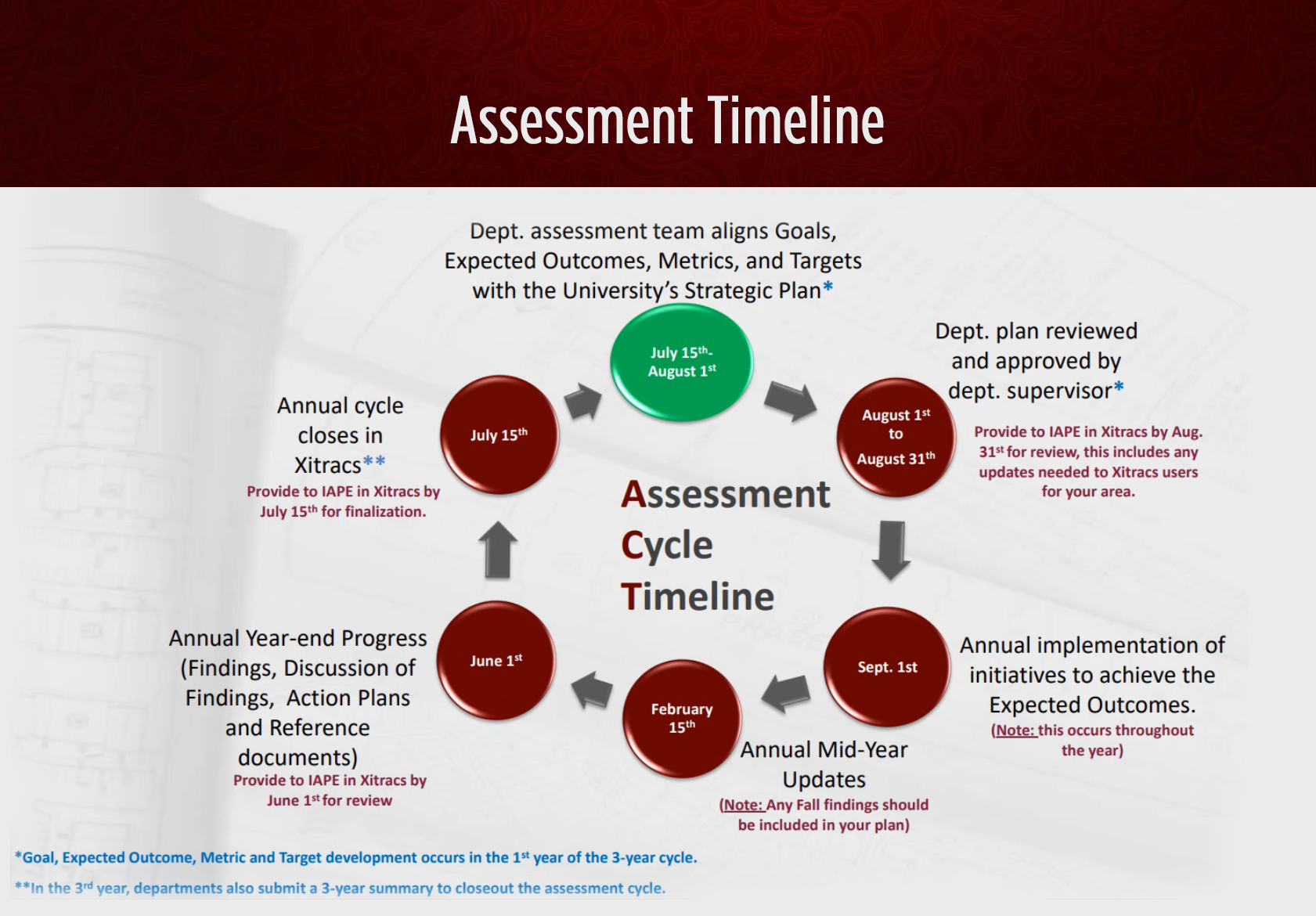Office of Projects and Assessments
The Academic Assessments and Strategic Plans for the School of Communication (SOC) Requirements Content, the Internal Curriculum Process, Checklist, and Forms of the University Academic Council (UAC).
 |
Michele D. Jones, B.S. Project Coordinator School of Communication Email: Michele.Jones@tsu.edu Phone: 713-313-7467 Biography |
The School of Communication provides students with an interdisciplinary academic experience that will help them become skilled practitioners and leaders in the various fields of media and human communication. Also, SOC faculty and staff members are responsible for assisting students develop critical life skills that can help them succeed professionally, including critical thinking, problem solving, conflict resolution, team building, and public speaking.
SOC is also responsible for adhering to the Southern Association of Colleges and Schools Commission on Colleges (SACSCOC) accreditation process, which includes the TSU's strategic plans, assessment of institutional effectiveness and student learning outcomes, financial stability, qualifications of faculty and administrators, and requirements and procedures.
When the faculty and/or staff members of our university satisfy our Institutional Effectiveness and assessment requirements, compliance with our accrediting body is simply a byproduct of what we accomplish.
The University Assessment Council, which consists of representatives from the academic, academic support, and administrative areas and is represented by a small number of SOC academics and staff, is evenly balanced between the academic and administrative areas.
The members of the Assessment Council are responsible for:
- Monitoring the development and updates of annual assessment plans
- Offering meetings to keep members actively reviewing the status of assessment plans and collaborating among one another
- Reporting back to their respective areas concerning where we are university-wide regarding assessment and identifying areas for improvements
- Sharing helpful hints about assessment plan reviews and software usage as well as provide active reminders of upcoming deadlines
The Chair and Co-Chair of the Assessment Council strongly recommended the establishment of a Curriculum and Assessment Committee, which was established by the SOC faculty members. The SOC Curriculum and Assessment committee members oversee collectively reviewing the plans for their respective departments, keeping track of target accomplishments, discussing the results, and putting improvement strategies into action. The academic departments of Journalism, Communication Studies, Entertainment and Recording Industry Management (ERIM), and Radio, Television, and Film (RTF) are each evaluated by a department committee chair and faculty members from that department.
The Institutional Assessment, Planning, and Effectiveness - Resource Guide, states that the faculty members from each major department are responsible for setting clear goals, identifying related student learning outcomes, and the metrics or instruments used for data collection, determining the benchmark for success (target), collecting and analyzing data, reviewing all findings, and developing and implementing action plans informed by findings specific to that academic year. Departmental faculty analyze data the semester immediately following the assessment period, but prior to the point where students are engaged in classes during the next long semester to allow for the development of data-driven action plans that will serve as the basis of change to enhance student learning and improve performance on outcome measures.
At the start of an assessment cycle in July (i.e., 2022–2025, etc.), all university academic departments should start reviewing their mission statements and assessment plan goals to ensure that all goals are in line with the university's Top 5 Priorities: Student Success, Academic Program Quality and Research, Culture, Partnership, and Finances. (See the assessment timeline image below.)
Reference timeline

The Division Level Strategic Plans—TSU Vision 2022—that were linked to the university strategic plan were completed throughout the 2016–2022 period by the Deans and the President's Cabinet. Every strategic plan contained operational outcomes that could be measured, such as the number of student applications, enrollment, transfer enrollment, internships, collaborations, recruitment, graduation rate, etc. The SOC strategic plan's primary objectives are goal achievement, organizational development, and improvement.
A Practical Guide to Institutional Effectiveness Processes is the title of the Institutional Assessment, Planning, and Effectiveness - Resource Guide, which provides more details on the assessment plan process, including information about Southern Association of Colleges and Schools Commission on Colleges (SACSCOC) accreditation.
https://www.tsu.edu/about/administration/institutional-effectiveness/assessment/
Southern Association of Colleges and Schools Commission on Colleges (SACSCOC):
University Academic Council
The University Academic Council (UAC) at Texas Southern University (TSU) is a standing committee that serves as the chief advisory body to the Provost and Vice President for Academic Affairs. The UAC is responsible for ensuring academic excellence and maintaining high academic standards at the university.
The UAC is composed of representatives from each academic unit at TSU, including faculty, staff, and students. The council's primary role is to provide recommendations and advice to the administration regarding academic policies, procedures, and initiatives.
Some specific responsibilities of the UAC include:
- Reviewing and recommending changes to academic policies and procedures.
- Reviewing and approving new academic programs and courses.
- Reviewing and providing feedback on academic program reviews and assessments.
- Developing and recommending initiatives to promote academic excellence and student success.
The UAC is a critical component of TSU's governance structure, as it ensures that the university's academic programs are of the highest quality and that the faculty and staff are engaged in continuous improvement efforts. Ultimately, the UAC's goal is to ensure that TSU's graduates are well-prepared to enter their chosen professions and make meaningful contributions to their communities.
University Academic Council (UAC) Internal Curriculum Process, Checklist, & Forms:
https://www.tsu.edu/academics/pdf/curriculum-revisions.pdf
https://www.tsu.edu/academics/university-academic-council
Contact Information:
If you have any questions or concerns regarding the SOC’s assessment and strategic plans or our internal SOC Assessment and Curriculum process, please get in touch with the Project Coordinator, Michele D. Jones at 713-313-1253 or michele.jones@tsu.edu.


